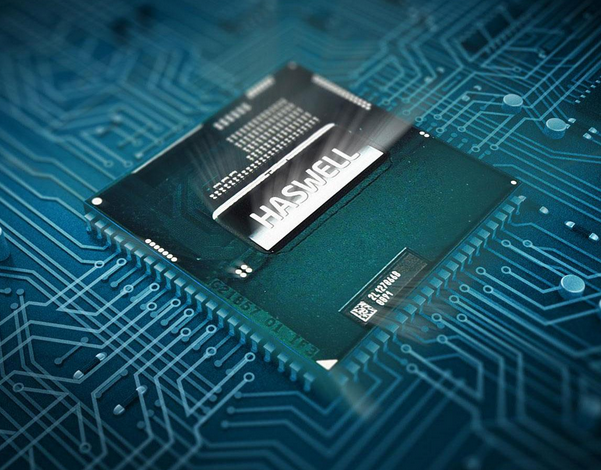 NEWS
NEWS
 NEWS
NEWS
 NEWS
NEWS
![]() Intel has a lot riding on the success of its upcoming Haswell processor, which represents the next big generational shift in its line of flagship PC chips. In an effort to build up some excitement ahead of its launch, the company has given us an early preview of some of its new benefits – the most important of which is the promise of 50% more battery power in our laptops.
Intel has a lot riding on the success of its upcoming Haswell processor, which represents the next big generational shift in its line of flagship PC chips. In an effort to build up some excitement ahead of its launch, the company has given us an early preview of some of its new benefits – the most important of which is the promise of 50% more battery power in our laptops.
This is because Haswell chips’ power consumption is 50% less than that of its predecessor, even when they’re in an active state – such as when we’re watching movies or playing video games on our computers. Even better than that however is the chip’s performance in an ‘idle’ state – with Intel claiming that devices in ‘standby’ mode will last two-to-three times as long as those powered by its previous chips. If this is true, it’ll be a big improvement – Intel-powered devices are notorious for draining the battery when they’re left in standby mode, especially when compared with tablets and smartphones running ARM chips.
Intel is also hoping that Haswell will help it compete in the mobile arena too, which is a market that its desperate to break into given the PC’s current decline. As such, some Haswell chips will reduce power consumption to just 7 watts, lower than the previous minimum of 10 watts used in its previous Ivy Bridge processors.
“Fourth-generation Core-based products will provide the biggest battery life increase in Intel’s history,” promised Rani Borkar, VP and General Manager of Intel’s architecture group. He refused to be drawn on the question of how many hours battery life we might be able to expect, though he did claim that users would be able to view three full-length movies on one charge, which in my estimation adds up to a good six hours of juice for high performance users.
And for those who are worrying that this extended battery life comes at the sake of performance, don’t. Intel claims to have made a number of refinements to its advanced production processes, which create transistors with unusual 3D features, and as a result Haswell chips are able to operate on the same frequency as previous products whilst simultaneously consuming less power.
For Intel, it looks as though Haswell can’t come soon enough, although a lot will depend on if the chips live up to these promises. The PC industry, while not dying, is clearly going through a mid-life crisis at the moment as more and more consumers shun them for cheaper smartphones and tablets. One of the advantages of Haswell is that laptop makers will be able to design smaller, thinner and lighter convertibles than anything we’ve seen so far. As Borkar puts it, the next-generation of Intel devices will have “the power of the PC in form factors you love”.
The big question then, will Haswell be able to live up to Intel’s claims? We all know that there’s a disparity between manufacturer’s claims and actual real-world performance, the only question is how big will that gap be? So long as that disparity is not too small, laptop battery life looks set for a very real and rapid boost, one that might be enough to encourage consumers to start buying ‘real’ computers again.
Support our mission to keep content open and free by engaging with theCUBE community. Join theCUBE’s Alumni Trust Network, where technology leaders connect, share intelligence and create opportunities.
Founded by tech visionaries John Furrier and Dave Vellante, SiliconANGLE Media has built a dynamic ecosystem of industry-leading digital media brands that reach 15+ million elite tech professionals. Our new proprietary theCUBE AI Video Cloud is breaking ground in audience interaction, leveraging theCUBEai.com neural network to help technology companies make data-driven decisions and stay at the forefront of industry conversations.